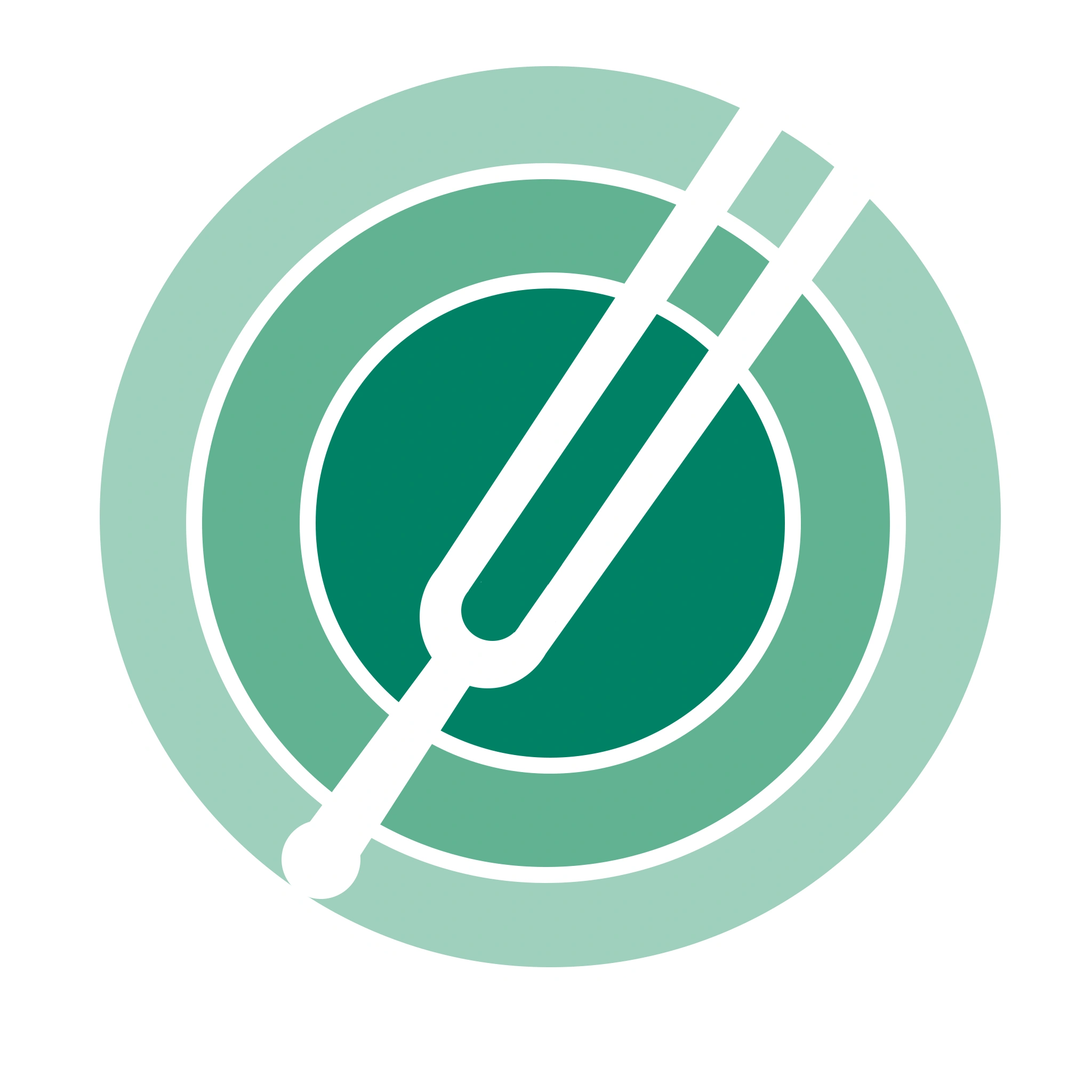It's National Eye Health Week so let's Talk About It
Eye Health Week. A thrilling concept? I think not. But hear me out, it's more important than you think.
Eye health often gets quietly pushed to the bottom of the to-do list, somewhere between “book dentist” and “organise that one drawer full of batteries and string.” But with more than 2 million people in the UK living with sight loss and about half of that being avoidable, maybe it’s time to move it up the priority list. A regular eye test doesn’t just help with glasses. It can pick up challenges like glaucoma, diabetes, and high blood pressure before you feel anything’s wrong. It’s quick, usually free, and yes, it really can make a difference. If it’s been a while since you’ve had your eyes checked, take this as your gentle nudge.
But… what about when things don’t go to plan?
That’s something I know a bit about, both personally and professionally. Sometimes, despite all the check-ups, healthy eating and doing everything “right,”, sight loss still happens. It could creep in gradually or arrive all at once. There may be tests, surgeries, injections. Hopeful-sounding ideas which leave you hurting or disoriented. Even decisions about whether to go through with treatment can bring fear, guilt or exhaustion. When the appointments stop, or you’re told there’s nothing more to be done, it can feel like being dropped. You're left to piece things together alone, sometimes while everyone else seems to expect you to have “adjusted” already.
If any of that feels familiar, you’re not on your own.
As a blind counsellor who works with people experiencing all kinds of sight loss, I offer counselling which creates space for the real, complicated feelings arising from these experiences. It’s a place to talk openly about grief, identity, anger, and fatigue, without having to educate or sugar-coat.
Sight loss changes more than just what we see. It can affect everything from how we move through a room to how we imagine our future. Having a space to sit with these feelings slowly, safely, and without pressure can make a real difference.
So yes, let’s absolutely talk about prevention, tests, sunglasses, and screen breaks — but let’s also make room for what happens when eye health doesn’t go the way we’d hoped. You don’t have to face this alone.
If you’d like to explore whether counselling could help, you’re very welcome to get in touch. The first conversation is always free.
Take care of your eyes, and yourself.
